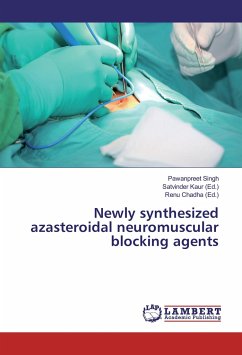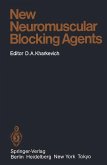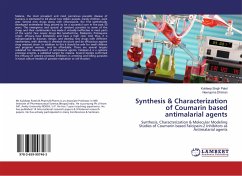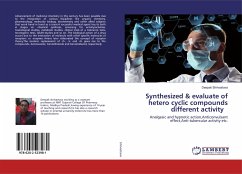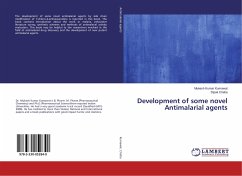Neuromuscular blocking agents interrupt transmission of nerve impulse at the skeletal neuromuscular junction causing paralysis of the affected skeletal muscles. This is accomplished either by acting presynaptically via the inhibition of acetylcholine synthesis or release or by acting postsynaptically at the acetylcholine receptors of the motor nerve end-plate. These are used clinically as an adjunct in anaesthesiology to provide skeletal muscle relaxation for surgical procedures, as an adjunct to electroconvulsive therapy, to prevent shock-induced dislocations and fractures, and to control muscle spasm in tetanus. The use of these agents substitutes the need for high doses of the anaesthetic agent. Besides, it also relieves pain and prepares the skeletal muscle, especially those of abdomen, for facile manipulations.
Bitte wählen Sie Ihr Anliegen aus.
Rechnungen
Retourenschein anfordern
Bestellstatus
Storno

